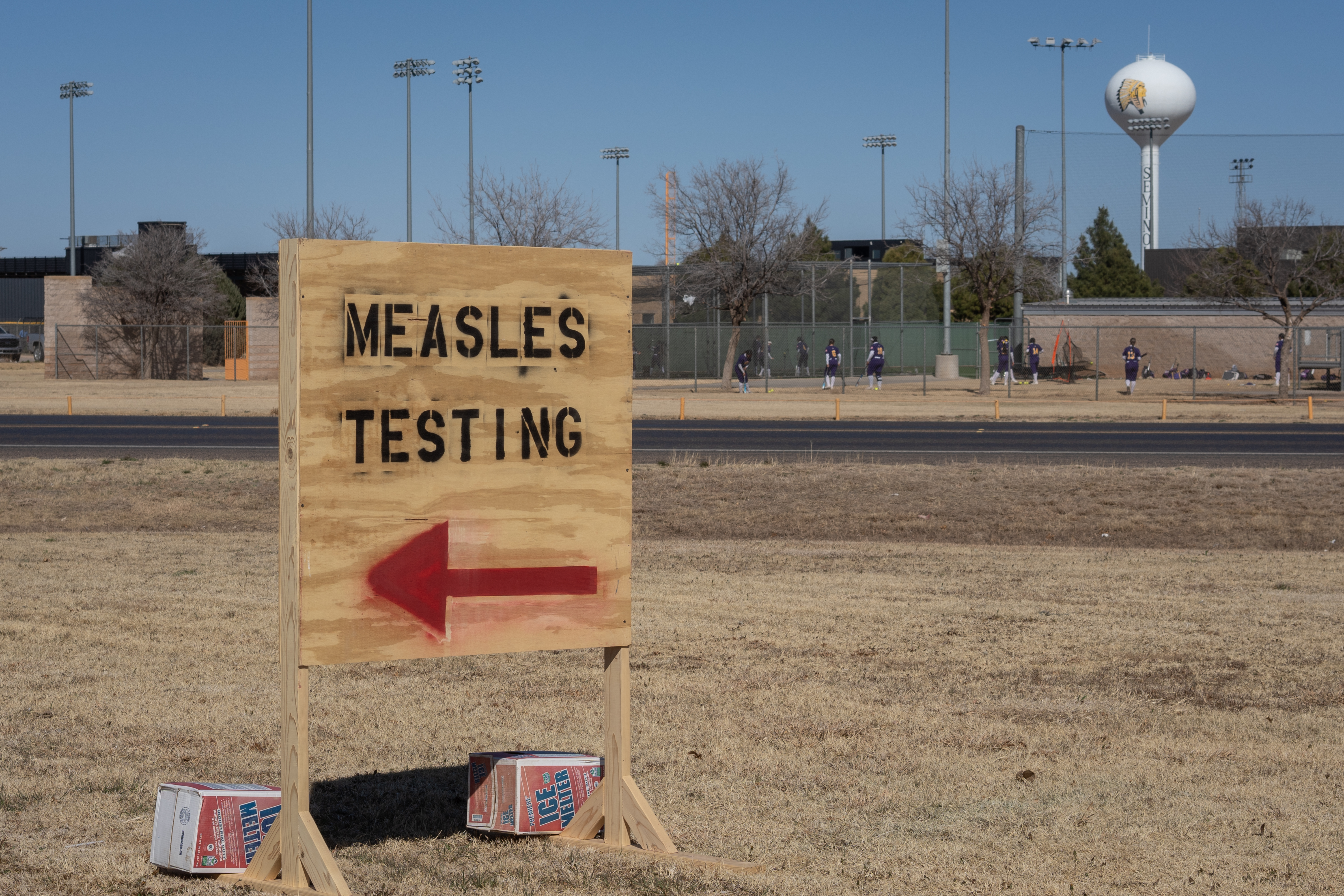An NBC 5 investigation raises concerns about safety at the Fort Worth Zoo. An elephant calf injured a zookeeper in September.
An NBC 5 investigation raises concerns about safety at the Fort Worth Zoo.
An elephant calf injured a zookeeper in September, an incident that has never been made public until now.
This comes at a time when zoos across the country are in the midst of a debate over how to best care for elephants and protect elephant keepers from harm.
Emergency responders and the Fort Worth Zoo offered two different versions of what happened in the September incident.
Fort Worth Fire Department reports obtained through an open records request say a 37-year-old female zookeeper suffered a, "puncture wound from an animal."
MedStar, which handles ambulance calls for the City of Fort Worth, said its records show the victim was taken to a hospital with "serious injuries" and that the incident was described as an "elephant attack."
The Fort Worth Zoo has declined repeated requests to talk about the incident on camera but characterized the injuries as minor.
Local
The latest news from around North Texas.
Over the phone a zoo spokeswoman told NBC 5 Investigates medical privacy rules prevent the zoo from saying much about what happened. The spokeswoman said she believes the worker suffered a relatively minor bump to the head. She said the zookeeper was held at a hospital overnight just for observation and then returned to work about five days later.
In a written statement the zoo said, "The Fort Worth Zoo is proud of its staff and stands on their exemplary safety record."
Injuries to elephant keepers across the country are not uncommon. Some have even been killed.
“Elephants are multi-ton wild animals and no amount of training is going to change that,” said People for the Ethical Treatment of Animals counsel, Rachel Matthews.
In one 2010 incident at the zoo in Toledo, Ohio a surveillance camera captured video of an elephant charging a zookeeper, knocking him down, pinning him in a corner and leaving the worker with broken ribs and punctured lungs.
Some zoo industry groups and animal rights advocates believe zoos should use protective barriers to keep employees safely separated from elephants.
“When there's a protective barrier between elephants and humans that simply means the elephant is much less likely to harm the keeper,” said Matthews.
But at the Fort Worth Zoo, elephant keepers only use protective barriers when dealing with adult male elephants that can be more aggressive. With females and elephant calves they practice what's called "free contact."
In a video from the zoo's website you can see how trainers work around elephants without barriers in place.
Today, that practice is under more scrutiny.
The Association of Zoos and Aquariums, which accredits the Fort Worth Zoo has issued new guidelines set to take full effect next year that would limit free contact with elephants.
The AZA guidelines say elephant keepers "shall not share the same unrestricted space with elephants, except in certain well defined circumstances" -- such as providing medical treatment.
The Fort Worth Zoo told NBC 5 Investigates it's still trying to determine what to do about those new guidelines.
Last year the Pittsburgh Zoo and PPG Aquarium gave up its AZA accreditation because it disagreed with AZA's new elephant rules.
AZA declined to be interviewed. In a statement the association told NBC 5 Investigates its policies, "reflect the most current and tested knowledge of zoological experts to assure that the animals at AZA-accredited facilities receive the best care."
PETA also believes zoos should follow the new guidelines.
“If the Fort Worth Zoo is still allowing keepers to enter enclosures with elephants that's incredibly dangerous,” said Matthews.
In a statement The Fort Worth Zoo said, "As any rancher or veterinarian can attest, there are inherent risks to working with any large animal -- whether livestock or zoo animal. Any program or procedure that involves the safety and well-being of our staff and animals is under routine review and evolves accordingly."
The US Department of Agriculture's Animal and Plant Health Inspection Service, or APHIS, regulates zoos across the country.
The agency told NBC5 Investigates "...facilities are not required to report incidents to APHIS, though many do.
The USDA said the Fort Worth Zoo did not tell The US Department of Agriculture about the zookeeper injured in September.
After NBC 5 Investigates asked USDA about the incident, a spokeswoman said an APHIS inspector, "... spoke to the zoo regarding the incident with the elephant and the zoo has taken the appropriate steps to ensure the safe handling of the elephant.
Both the Fort Worth Zoo and the Association of Zoos and Aquariums asked NBC 5 Investigates to hold off on airing this report.
In fact an AZA spokesman declined an on-camera interview because NBC 5 would not agree to delay the report.
The AZA spokesman sent an email saying, "I had hoped you would consider delaying your story until the (Fort Worth) zoo was ready to announce their new project."
That new project apparently involves new a elephant exhibit with changes the Fort Worth Zoo said it’s not ready to discuss.



